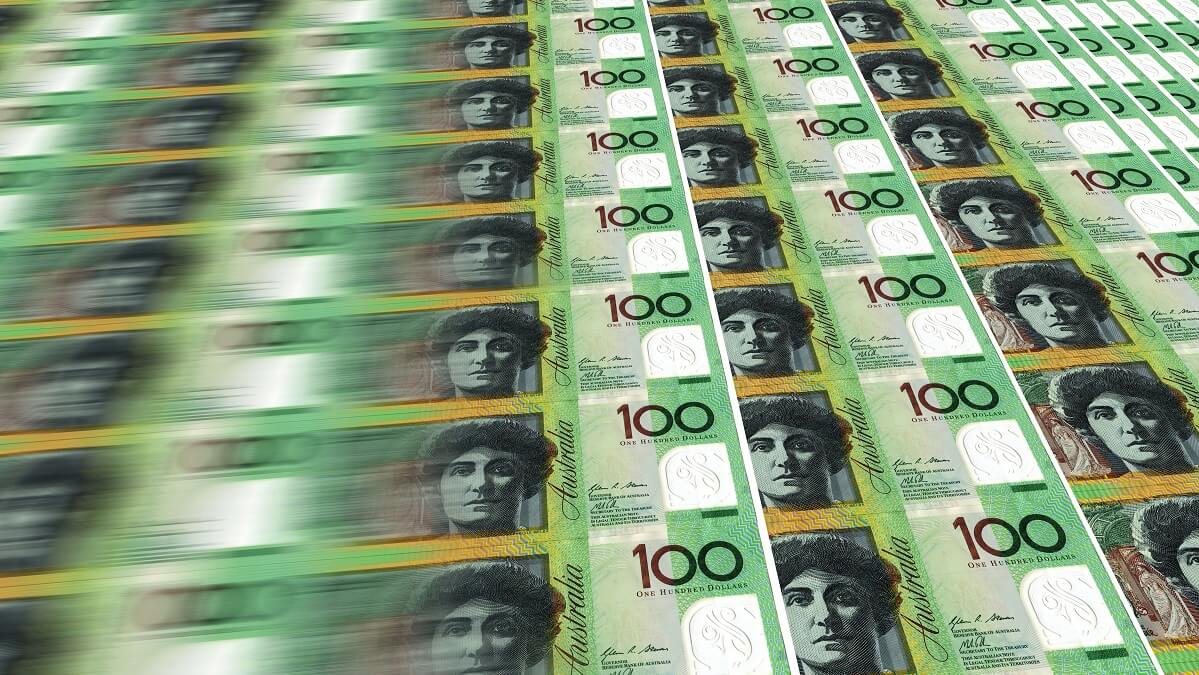The Reserve Bank of Australia has announced it will leave the cash rate unchanged at 4.35 per cent but that will be cold comfort for home buyers with housing prices tipped to increase in all capital cities except for Hobart.
While a steady interest rate is good news for mortgagees, it’s swings and roundabouts for the bank of mum and dad.
Parents have been increasingly helping out their children to enter the property market as interest rates have risen over the past few years and housing has become more unaffordable.
Unchanged interest rates should ease mortgage stress, but increasing housing prices makes it harder for first-home buyers to take their first step on the property ladder, forcing them to turn to the ‘bank of mum and dad’.
Monthly gain
Property analysts CoreLogic found its home value index is up 0.6 per cent in February, which was the strongest monthly gain since October 2023.
The biggest price increase was for Perth at 1.8 per cent, with Hobart housing prices falling 0.3 per cent.
The Productivity Commission estimates that if the bank of mum and dad was an actual bank, it would be somewhere between the fifth and ninth biggest mortgage lender in Australia.
Jarden economists surveyed 282 mortgage brokers and found assistance from family contributed 1 per cent of new lending. They received an average $92,000 from their parents to buy a home, Jarden found.
But with much of the bank of mum and dad lending covered by private arrangements, the number could be considerably higher.
The median dwelling price across the combined capital cities is about $789,000, but only a dwelling that costs $427,000 or less would be considered affordable to someone with a 20 per cent deposit and average full-time earnings.
Property predictions
Impact Economics and Policy lead economist Dr Angela Jackson told Domain buying property without parental help was becoming increasingly hard.
“We’ve got to a point where you can’t own a property in this country unless your parents support you, it has a big impact on equity,” she said.
“It’s no longer a connection between your own efforts and your rewards in life. That isn’t good for society in terms of equity and future productivity.”
AMP data has found that the difference between actual house prices and affordable house prices is the biggest it has ever been since 1984.
AMP predicts housing prices of 3 to 5 per cent for this year with “access to the bank of mum and dad” just one factor putting a floor in the market.
“The ongoing resilience in the property market suggests it’s still being dominated by the supply shortage and by the prospect of lower interest rates later this year boosting buyer confidence,” the report stated.
Have you given money to your family to help them get on the property market? Why not share your experience in the comment section below?
Also read: The risks and rewards of a guarantor loan


These claims amuse me. There are four issues never discussed that are very relevant in discussions of housing affordability
Firstly, the average home is far larger and grander than was expected in the past. Of course it will be more costly. 250sq m 4 bed, 2+ bath, 2+ living, double garage is always going to cost more than 110sq m 3 bed, 1 bath, 1 living, single garage.
Secondly, comparisons are always very selective in terms of the period. We tried to buy land in 1971 at $5000 (in a country town where prices were quite low). By 1973, that land was $15,000. The cost of a home had almost tripled, while wages had not increased much at all.
Thirdly, interest rates today are NOT high in relativity. Take the average rates over the past 60 years. For a period, recently, they were very low. But prior to that, they were much higher than now. In all our 30 years of paying off a home (from 1973) I never saw rates below 7%. They were well into double digits for a considerable period.
And finally, today’s young are losing 10%+ of their earning power putting money into superannuation. Super was introduced as a trade-off – reduced wage increases and tax cuts for accrued retirement savings. It has huge benefits. But it’s also locking many out of the housing market. I believe people should be allowed to access their super to buy a very modest home if they cannot do so by any other means. Sure, it erodes their retirement income. But a home is far more valuable. If they take, say, $100K out now to buy at $600K, their total housing costs fall over time allowing them to save more. They have security and comfort. Conversely, if they leave that $100K in super and have to wait until retirement to buy the home, they might have to draw $1.2million or more to buy the same house. That extra $100K in super isn’t worth much!